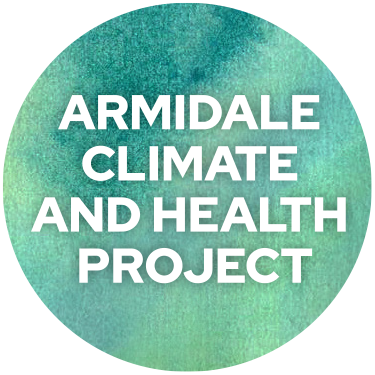Industrialisation and colonisation go hand in hand. The development of fossil fuel technologies and the exploitation of land and water in unsustainable ways are products of the same historical processes as the violent taking of land and life from Indigenous people around the planet. What does climate action look like when it centres Indigenous knowledge and sovereignty? What could a collective approach to climate change be if we were to respect, value and centre Indigenous knowledge? How would it be different to what we’re doing now if we were to reckon with the violence to earth and people as part of healing the planet?
In the lead up to COP26, the Australian government has finally committed to net zero emissions by 2050. Called “The Australian Way”, the plan is based on doing nothing much at all. It is based on “existing policies” with no actual material or financial commitments to doing anything new or different. While it is easy to get sidetracked by the symbolism of the target (“at least they’ve committed to a target!”), burying our head in the sand is, indeed, the Australian Way. When it comes to climate change and the violences at the foundation of the nation as well. Indigenous people have already lived through an apocalypse. Now we’ve seen apocalyptic bushfires and drought, now floods and a tornado and a pandemic as a sign of things to come. Burying our head in the sand will not get us out of these interlocking crises.
In centring Indigenous knowledge as one of the principles of the Armidale Climate and Health Project, we don’t always have the answers as to how that knowledge will shape our practices. In particular, when it comes to non-indigenous people (such as the project’s co-facilitators), this is a constant query: how can we learn the knowledge, value it and also support the people who are custodians of that knowledge? The main point is this: we categorically do not want to appropriate Indigenous knowledge. As such, any learning from Indigenous people must be met with material support for Indigenous communities and people at the same time. As Eve Tuck and K. Wayne Yang tell us: “decolonisation is not a metaphor“
Indigenous people cared for Country across the continent for tens of thousands of years prior to invasion, and still do so today but are hampered by the sheer scale of the powerful economic and political interests that are fuelling this planetary crisis. We have in our midst the knowledge of how to relate to respectfully relate to the ecosystem and each other embedded in Indigenous knowledge and practices. Non-Indigenous settlers might have a thing or two to learn from Indigenous folks. But that learning cannot replay the same violence, it also must also involve open-hearted recognition and respect for and giving authority to Indigenous people as well. It might involve giving something up for the chance of something better.
This COP26 Creek Walk, funded by Kings College in London England-Australia COP26 Engagement Fund. It is a vigil remembering colonial violence and linking it to climate change. It is an invitation to reflect on the ways colonisation has contributed to the degradation of land and water in Australia. Responding to climate change and the harms of colonisation might not always seem related but they are related; and the solutions are not going to be as simple as ‘solar power’ or ‘organic farming’. We barely have the vocabulary to do this work, let alone do it together across our differences. This walk is one step in the process. Whoever feels moved to show up at this vigil registers an informal interest in finding ways of decolonising climate action in Armidale, and to collectively joining in solidarity in that process.
To register interest in the COP26 Walk (POSTPONED UNTIL SUNDAY 14th NOVEMBER) go to EVENTBRITE – to attend you will be required to do a COVID-safe check in and show proof of vaccination status: https://www.eventbrite.com/e/cop26-creek-walk-decolonising-the-new-england-for-climate-justice-tickets-201349250027
For those who cannot make it on the 14th, a self-guided audio walk will be available soon after.
